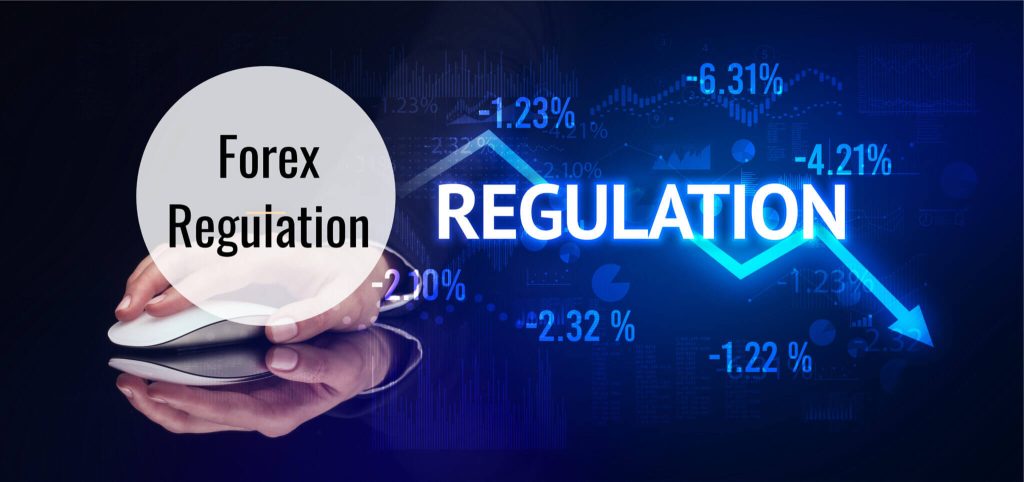For many, forex trading seems like a gateway to financial freedom—an open market where currencies fluctuate by the second, creating endless opportunities. But beneath the surface lies a high-risk landscape where traders can just as easily lose everything due to unregulated brokers, market manipulation, or outright fraud. This is where regulation steps in, acting as the invisible shield that keeps the industry fair, transparent, and accountable.

Keeping Forex Brokers in Check: The Role of Regulation
One of the most critical aspects of forex regulation is ensuring that brokers operate transparently and fairly. Licensed brokers must adhere to strict financial standards, including capital requirements, regular audits, and client fund protections. This prevents scenarios where firms disappear overnight with traders’ money or manipulate trades to their advantage.
A key example of robust regulatory practices can be seen in https://prifinance.com/en/forex/, where experts assist firms in obtaining forex licenses within reputable jurisdictions. This licensing process requires brokers to meet compliance requirements that protect traders from fraud, excessive risk, and price manipulation.
Another essential regulation is the segregation of client funds. Regulated brokers must keep traders’ money separate from company funds, ensuring that even if a broker faces financial trouble, clients’ capital remains untouched. This rule prevents a repeat of past financial crises, where firms misused traders’ deposits for their own speculative activities, leading to massive losses when those bets failed.
Protecting Traders from Excessive Risk and Market Manipulation
While forex offers immense potential for profit, it is equally notorious for its volatility. Many traders, especially newcomers, fall into the trap of high-leverage trading—borrowing large sums to magnify potential gains. However, this can just as easily amplify losses, wiping out accounts within minutes. Regulators impose leverage limits to prevent traders from overexposing themselves to extreme risks.

For example, regulatory bodies like the European Securities and Markets Authority (ESMA) and the Commodity Futures Trading Commission (CFTC) have established strict leverage caps to ensure traders don’t take on more risk than they can handle. These rules act as a safety net, ensuring that one bad trade doesn’t lead to financial ruin. While some traders argue that leverage restrictions limit profit potential, they ultimately help maintain long-term sustainability in the market.
Market manipulation is another serious threat that regulation combats. Some brokers engage in practices like price slippage, where orders are executed at worse prices than displayed, or stop hunting, where price movements are artificially triggered to force traders out of positions. Regulated brokers must adhere to transparency requirements, ensuring that price quotes are fair and execution speeds are in line with market conditions.
For anyone stepping into forex, choosing a regulated broker isn’t just an option—it’s a necessity. While regulation may sometimes seem restrictive, it ultimately exists to protect traders from the risks that have plagued unregulated markets for years. A well-regulated market doesn’t just benefit individuals—it ensures that the entire forex industry remains credible, secure, and open to all.


